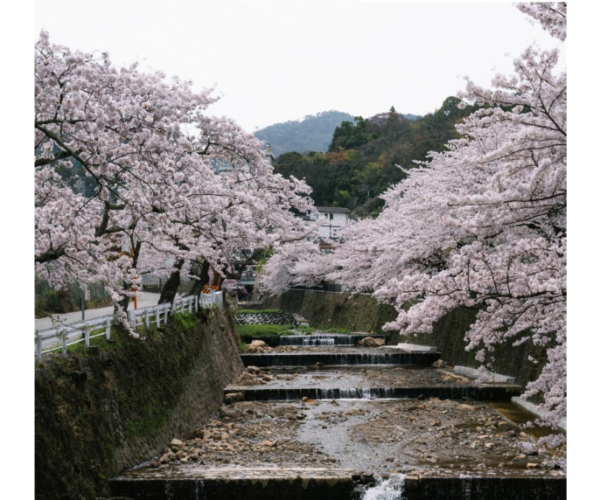In response to some frequently asked questions, AJET has compiled the information below. If you have any additional questions, concerns, or comments concerning the COVID-19 pandemic, please send them to exec@ajet.net.
Remember to take care of yourself and seek the support you need.
Q: Is my job protected?
Yes. As a contracted employee, JET participants are protected workers. You cannot be fired for catching the virus, working from home with permission, or under lockdown containment measures. Additionally, in the new governmentally mandated changes, your contract should provide for paid time off if you have a virus that could infect others, or could damage your heart or lungs by going about course of work duties. If it is ever insinuated that your job is at risk at any point, check your contract and contact your CO immediately.
Q: I’m thinking about breaking contract.
This is a personal decision that should not be made lightly. It is impossible to know exactly how the situation unfolds in the future. AJET strongly recommends that you discuss your decision directly with your family and friends. JETs should prioritize their health and safety above all else. If you are not comfortable discussing this with someone you know, try reaching out to AJET Peer Support Group.
Q: What is the government doing? Why is it different from other countries?
In response to the pandemic, the Japanese government has never and does not plan to do widespread testing. Although widespread testing is the WHO recommendation, they have decided to track infection clusters instead. A large part of the reasoning for that may be that by Japanese policy, anyone infected with a contagious virus must be hospitalized. This could cause comparatively minor cases to take up needed hospital beds, which is why it is difficult to get a test without proximity to a confirmed case or pneumonia. However, as cases rise, this may change. For example, in Hyogo, the governor announced that minor cases would be placed in hotels being prepared for this purpose, to save hospital beds for critical cases. A person who is diagnosed with COVID-19 may stay in a hospital, a hotel, or maybe even be asked to stay at their home if that is an option down the line, depending on the severity of their symptoms.
This week, the national government has issued a month-long State of Emergency for Tokyo, Kanagawa, Saitama, Chiba, Osaka, Hyogo, and Fukuoka. Residents across Japan are encouraged to stay home and avoid non-essential outings. Due to the nature of the Japanese constitution, measures like forcibly quarantining or shutting down businesses are not possible and Japan has not imposed a lockdown like many other countries have done. What this means for the rest of Japan will be determined by your local authorities and JETs are encouraged to follow the directive of their local governments, as well as effective measures that have been utilized in other countries, such as social distancing. As businesses voluntarily comply with government recommendations, it is possible that they begin shutting down or reducing hours and services. JETs should be prepared for such a scenario and make sure to equip themselves with the necessary supplies.
Q: What can I do to protect myself?
Most JETs are still being asked to come to work as scheduled, though this may vary on a case-by-case basis. Your work schedule and accommodating it Most JETs are still being asked to come to work as scheduled, though this may vary on a case-by-case basis. Your work schedule and accommodating it is the decision of your Contracting Organization. You must contact your CO about the expected procedure. You can still use your nenkyu or daikyu if you wish to not go to work, though some CO’s are offering special leave or additional nenkyu days due to the situation. This varies depending on the CO, so please ask them directly. is the decision of your Contracting Organization.
Though most JETs do not have the option of self-quarantining themselves, AJET strongly recommends that you voluntarily implement social distancing and quarantine-like restrictions. This includes limiting non-essential outings, travel, and social gatherings. Continued good health practices (hand washing, cough etiquette, not touching your face, eating healthy food, etc.) are of course recommended.
If you are unable to obtain the necessary items or are an immuno-compromised person, asthmatic person, or in another high-risk group, we strongly recommend reaching out to your local AJET community, your CO, and your direct supervisor. Some JETs have had success purchasing masks and hand sanitizer through their place of work. Some JETs have also created networks to deliver supplies and needed essentials for those who aren’t able to obtain them. Many outlets are offering assistance, so please reach out if you need help.



![CONNECT ART ISSUE 2024 SUBMISSIONS [CLOSED]](http://connect.ajet.net/wp-content/uploads/2024/04/ARTISSUE-INSTA-600x500.png)





